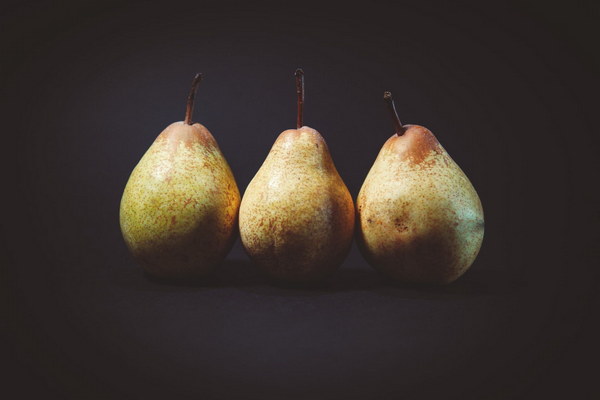Hydroxychloroquine A Remedy for Dampness or Myth Debunking the Myths Around This Medication
Hydroxychloroquine, a drug originally developed for the treatment of malaria, has been widely discussed in recent times for its potential use in combating various conditions, including autoimmune diseases and even COVID-19. One of the most intriguing discussions surrounding this medication is whether it can be used as a treatment for dampness, a concept rooted in traditional Chinese medicine. But is there any truth to this claim? Let's delve into the details to understand the connection between hydroxychloroquine and dampness.
Understanding Dampness in Traditional Chinese Medicine
In traditional Chinese medicine (TCM), dampness is considered an internal pathogen that can lead to a variety of health issues. It's believed to be caused by an imbalance in the body's fluids, which can manifest as symptoms such as fatigue, bloating, weight gain, and joint pain. TCM practitioners often use herbal remedies and dietary changes to address dampness, aiming to restore the body's balance.
Hydroxychloroquine and Its Original Purpose
Hydroxychloroquine was initially developed as an antimalarial drug, and it works by inhibiting the growth of the parasite that causes malaria. However, researchers have discovered that this medication also has anti-inflammatory properties, which make it useful in treating various autoimmune diseases such as lupus, rheumatoid arthritis, and Sjögren's syndrome.
The Connection Between Hydroxychloroquine and Dampness
Given hydroxychloroquine's anti-inflammatory properties, some have suggested that it may help alleviate the symptoms associated with dampness in TCM. The rationale behind this theory is that dampness is often linked to inflammation, and by reducing inflammation, hydroxychloroquine could potentially help alleviate damp-related symptoms.
Scientific Evidence

While the idea of using hydroxychloroquine to treat dampness is intriguing, scientific evidence supporting this theory is limited. Several studies have investigated the drug's effectiveness in treating autoimmune diseases, but none have specifically focused on dampness as defined by TCM.
One study, published in the journal Rheumatology, found that hydroxychloroquine was effective in reducing the symptoms of lupus, which is often associated with dampness in TCM. However, the study did not specifically address the concept of dampness or its traditional treatment methods.
Potential Risks and Side Effects
It's important to note that hydroxychloroquine is not without its risks and side effects. Long-term use of the drug can lead to serious complications, including retinal damage, heart problems, and liver toxicity. Additionally, the drug has been associated with an increased risk of blood clots and cardiovascular events.
Conclusion
While hydroxychloroquine has shown promise in treating certain conditions that may be linked to dampness, there is no definitive scientific evidence to support its use as a dampness treatment in traditional Chinese medicine. It's essential for individuals considering hydroxychloroquine to discuss its potential benefits and risks with a healthcare professional, particularly if they are looking to treat symptoms associated with dampness.
In summary, while the idea of using hydroxychloroquine to address dampness is an interesting one, it remains largely speculative. Until further research is conducted, it's best to approach this medication with caution and consult with a healthcare provider to ensure its safe and appropriate use.









